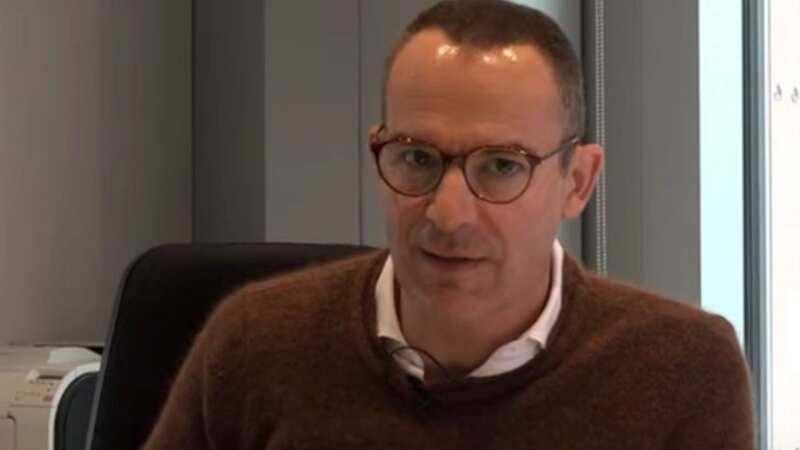Martin Lewis verdict on National Insurance tax cut in Autumn Statement

Martin Lewis claimed the 2% reduction to National Insurance (NI) contributions was the Government's way of trying to be "a bit more generous" to the public.
But, the fall in NI still wouldn't be enough to bridge the gap with the frozen income salary boundaries, he said. Chancellor Jeremy Hunt announced the fall in NI during his Autumn Statement on Wednesday, November 22. It meant that anyone earning an average salary of £35,000 would save about £450 a year.
But, while NI contributions were lowered, it possibly didn't go far enough to help households save, Martin warned. He explained on MoneySavingExpert.com: "[NI] has been cut to try and give the incentive to people that earn. It's normally in April, but he's bringing it forward - it's almost as if we've got an election next year, isn't it? Who would've thought that?
"On January 6, we're going to see the employee rate of NI cut from 12% to 10%. NI is a tax, so if you earn over £12,570, up to £50,250, you're currently giving 12% of that amount to the tax office in the form of NI.
"But you'll now only be giving 10% away, so that's quite a substantial cut. It means people will be taking more home next year.
 Rishi Sunak slammed for 'fly posting' as he leaves poster on historic building
Rishi Sunak slammed for 'fly posting' as he leaves poster on historic building
"It doesn't make up for the freezing of the income tax thresholds that we've had for the past few years, but it is still an attempt to be a bit more generous and get a bit more money in peoples' pockets."
Despite the Chancellor's NI announcement, the overall tax burden on the public remained at a record high. The Office for Budget Responsibility (OBR) said taxes were still trending upward, with forecasts peaking at 37.7% in 2028/2029 under current plans.
During his statement, the Chancellor said: "If we want people to get up early in the morning, if we want people to work nights, if we want an economy where people go the extra mile and work hard, then we need to recognise that their hard work benefits all of us." Mr Hunt also abolished NI payments for the self-employed earning more than £12,750, in order to prove the government "values their work".
Read more similar news:
Comments:
comments powered by Disqus

































